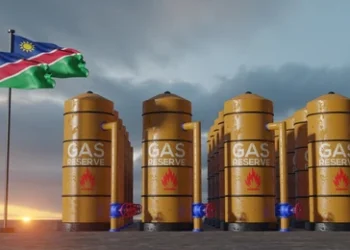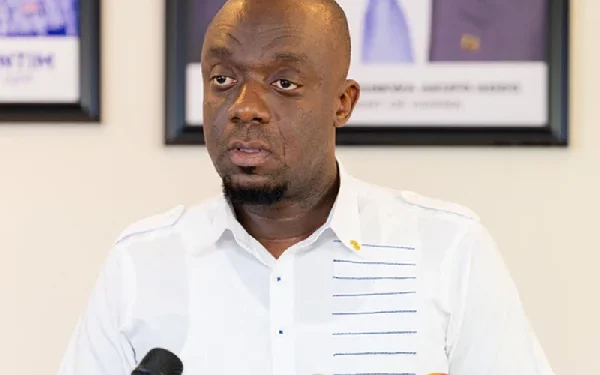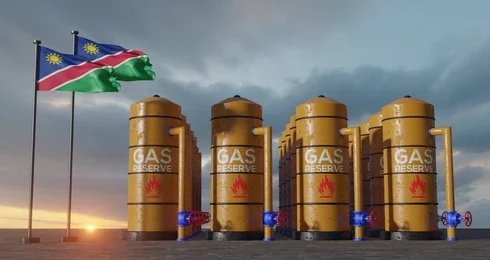Policy analyst, Peter Terkper, has disclosed that it will be prudent for government to consider handling fuel deregulation system in parallel, following the recent increase in fuel price to GH6.80p at the pump.
According to him, the increase in fuel prices comes at no “surprise” because consumers do not control the factors that contributes to its increase. Mr Terpker explained that so long as consumers are not “producing what we actually consume”, then definitely these price increases are expected.
“So far as the industry has been deregulated it will be difficult for us to control the impact. Because the private businessman or woman want to make profit, and he’s always comparing his cost against his margin. And anything that will cause him to either be in an equilibrium or be at a loss, he won’t because he is in business to pay his bills and to recoup his investments. What can happen, however, is for government to start looking at handling the deregulation system in parallel”.
Mr Peter Terkper
The policy analyst suggested that it should get to a point where government will have to “subsidize at some point” especially now that the prices are going up and “nothing” can be done about it.
Subsidizing fuel prices in the country
Mr Terkper intimated that in government’s attempt to“mobilize” enough revenue, there is the likelihood that it cannot reduce taxes. Following this, Mr Terkper advised that government must find ways to “regulate the system” by providing subsidies, which he reckons is the best way.
“So, these are the options available for government. Either government comes to say for this period, we are going to subsidize the fuel… so that when prices begin to go down then we go back to the deregulation. So, we can have these two systems running. Other than that, then a couple of taxes would have to be taken out”.
Mr Peter Terkper
Commenting on whether fuel prices are likely to increase again before the year ends, Mr Terkper insisted that consumers can even “pay up to GHS8” by the end of this month. The reason he gave was that when prices were increased to GHS6.80p, nobody knew “we would get to GHS6.90p”. This, he emphasized, means that what will cause us to get GH8 is uncontrollable.
“We can wake up tomorrow and the price will go up. That is why the best thing for government to do is to look at the deregulation”.
Mr Peter Terkper
Meanwhile, Chief Policy Analyst at Ghana Institute of Public Policy Options, Charles Wereko Brobbey, has asked government to moderate the fuel price crisis by leveraging windfall profits obtained from oil revenue.
Speaking in an interview, Dr Wereko Brobbey stressed that government can mitigate the fuel price hikes by applying the windfall profits. He noted that by so doing, the burden of increased cost of goods and services imposed on consumers as a result of high prices of fuel will reduce.
Dr Wereko Brobbey indicated that if government wants to be recognized as “a caring government”, it should ensure that all the “extra windfall profits” which has increased from “$54 to $85” are applied to moderate the price increase.
“We’ve been told by the President that we’re a net exporter of oil now. That means that, each time oil prices go above the baseline figure of $54 per barrel… the Government of Ghana is making a windfall from the price increase and as this goes on, we the consumers are suffering from the price increase because of the application of price…”
Dr Wereko Brobbey
Read Also: Cecilia Marfo, a ‘beautiful disaster’





















